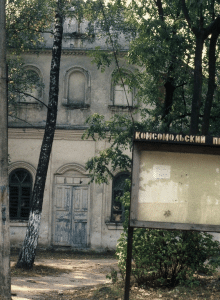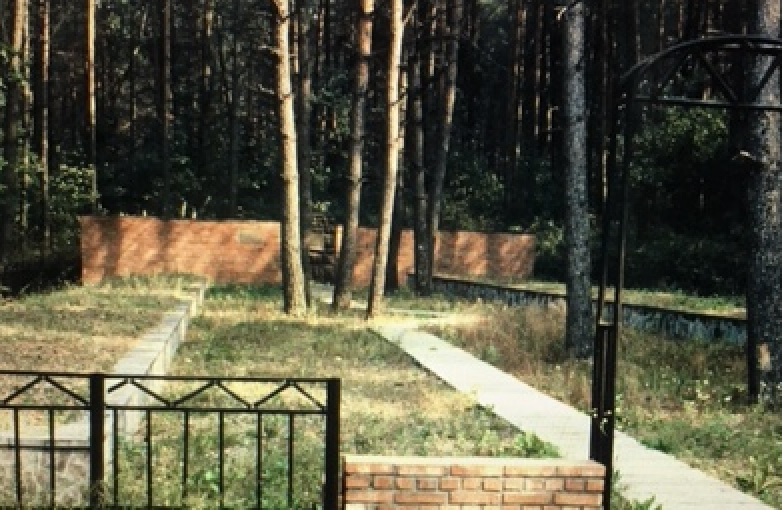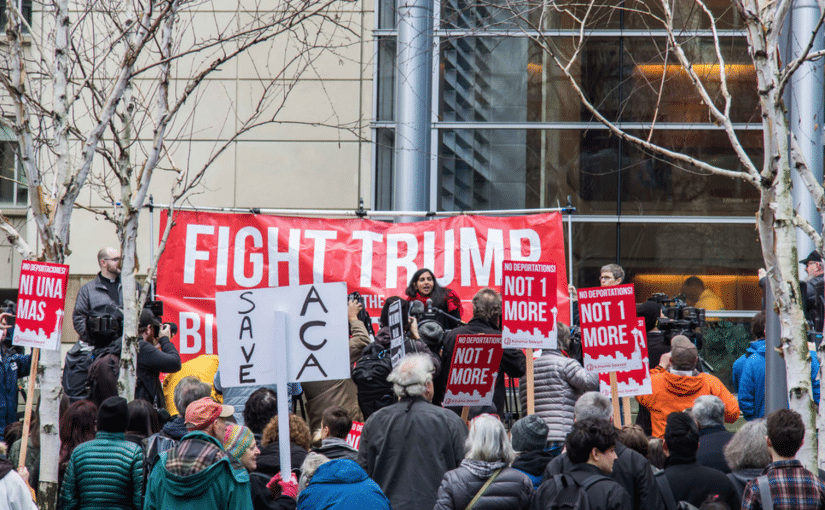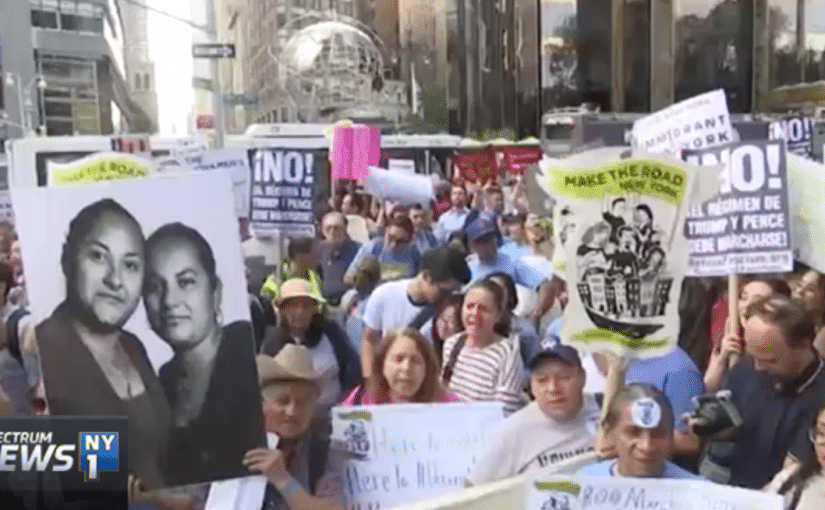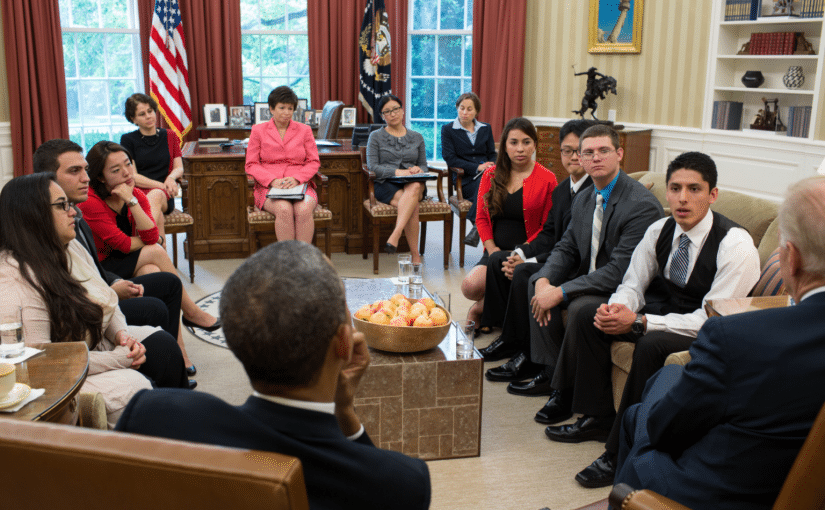This story was republished for Yom HaShoah
by Barbara Nevins Taylor
Those who saw it say the Nazis and local collaborators rounded up their family members, neighbors and friends and led them to a clearing in the woods not far from the center of Ivye in what is now Belarus.
On May 12, 1942, Nazis shot 2,524 Jewish people and buried them, piled on top of one another, in a mass grave in this small area.
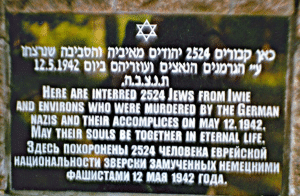
My grandmother was born in Ivye. Her family left for the United States long before the Holocaust. But my great-grandfather Jacob Abrons stayed in touch and tried to send money to help those who remained behind. It was a time, despite reports of mass killings, concentration camps and pogroms aimed at exterminating Jewish people, when the United States and other countries refused entry to refugees from Europe and especially Jews.
That seems just like the way we look at refugees in the United States today. Even though we have this relatively recent example of the cruelty of that kind of policy, the Trump administration and many in Congress are refusing to remember.
History teaches us that our anti-immigrant, anti-refugee policy can only lead to the ugliest consequences for vulnerable people trying to escape annihilation.
We study history to help us make better decisions. Remembering the Holocaust should help us also remember our responsibility to today’s “huddled masses, yearning to breathe free,” as Emma Lazarus wrote in 1883.
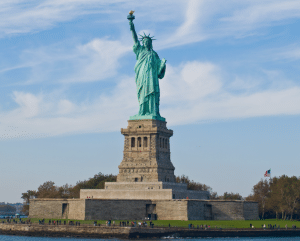
In 1992, my husband Nick Taylor and I visited Ivye and the memorial to the victims. We had contacted Dr. Maria Shapira, who still lived in Ivye then, through the American Gathering of Holocaust Survivors.
Maria survived the Holocaust in the woods, scrambling and fighting as one of the famous Vilna partisans. When the war ended she remained, went to medical school and served as the pediatrician in her community, which had only four Jewish families left.
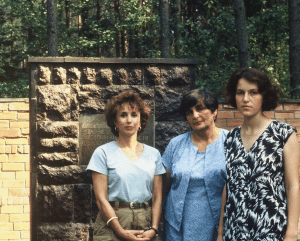
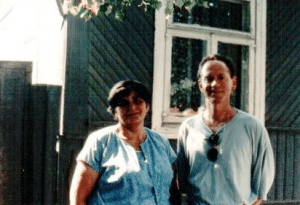
She and her daughter’s family, who lived in a larger city, told us they planned to move to Israel. The memorial and a synagogue that was converted into a community center were the only things that remained of Jewish life in Ivye.
